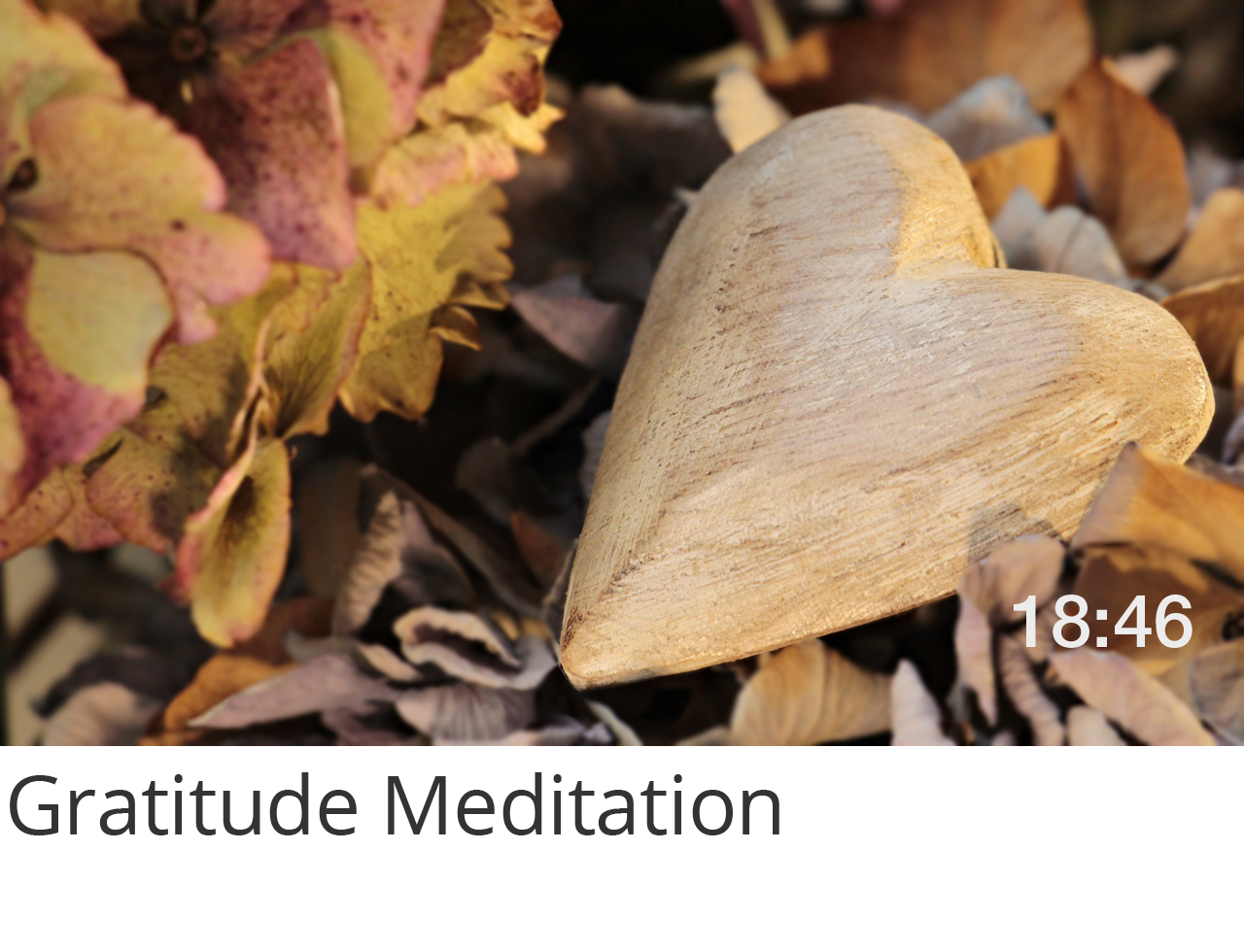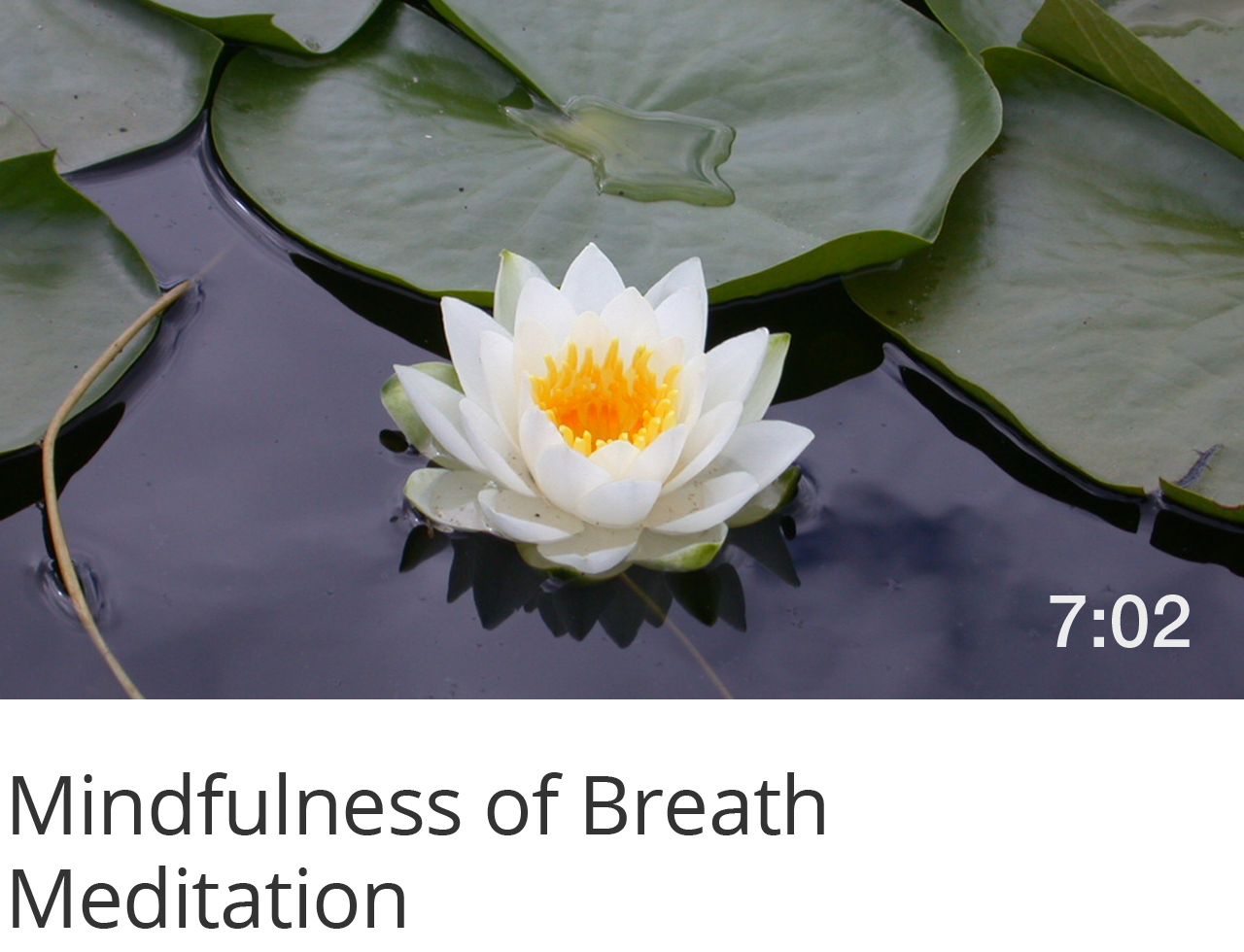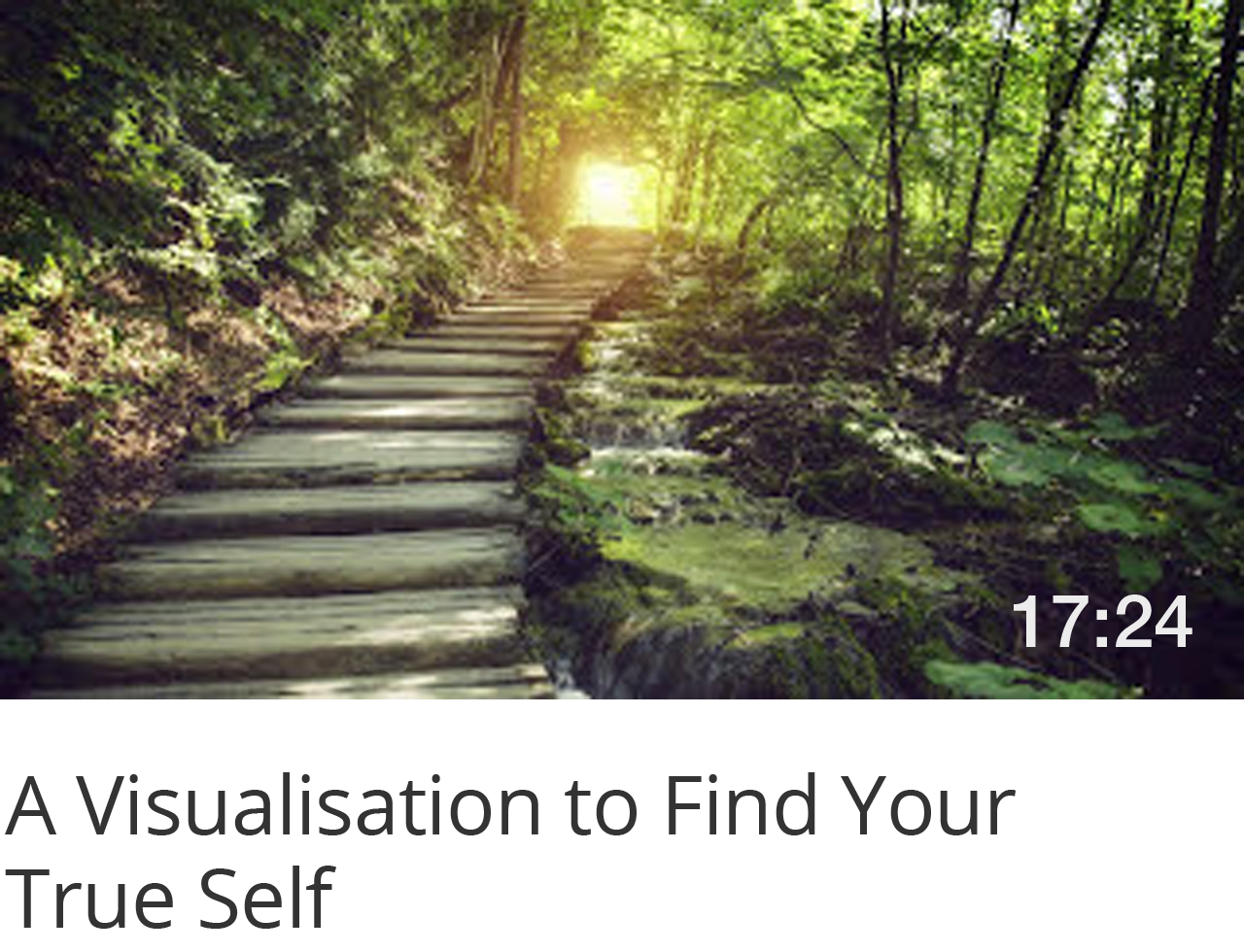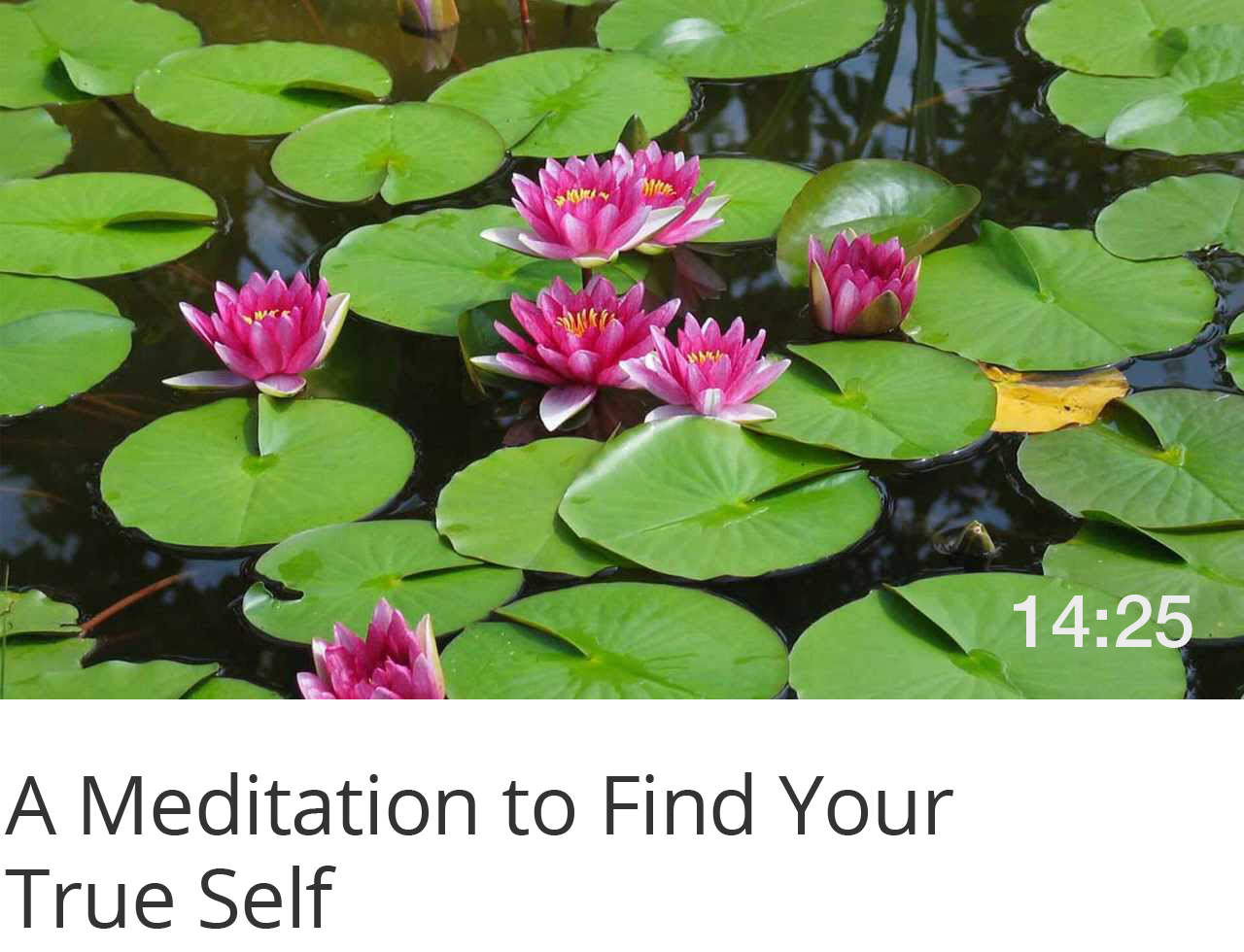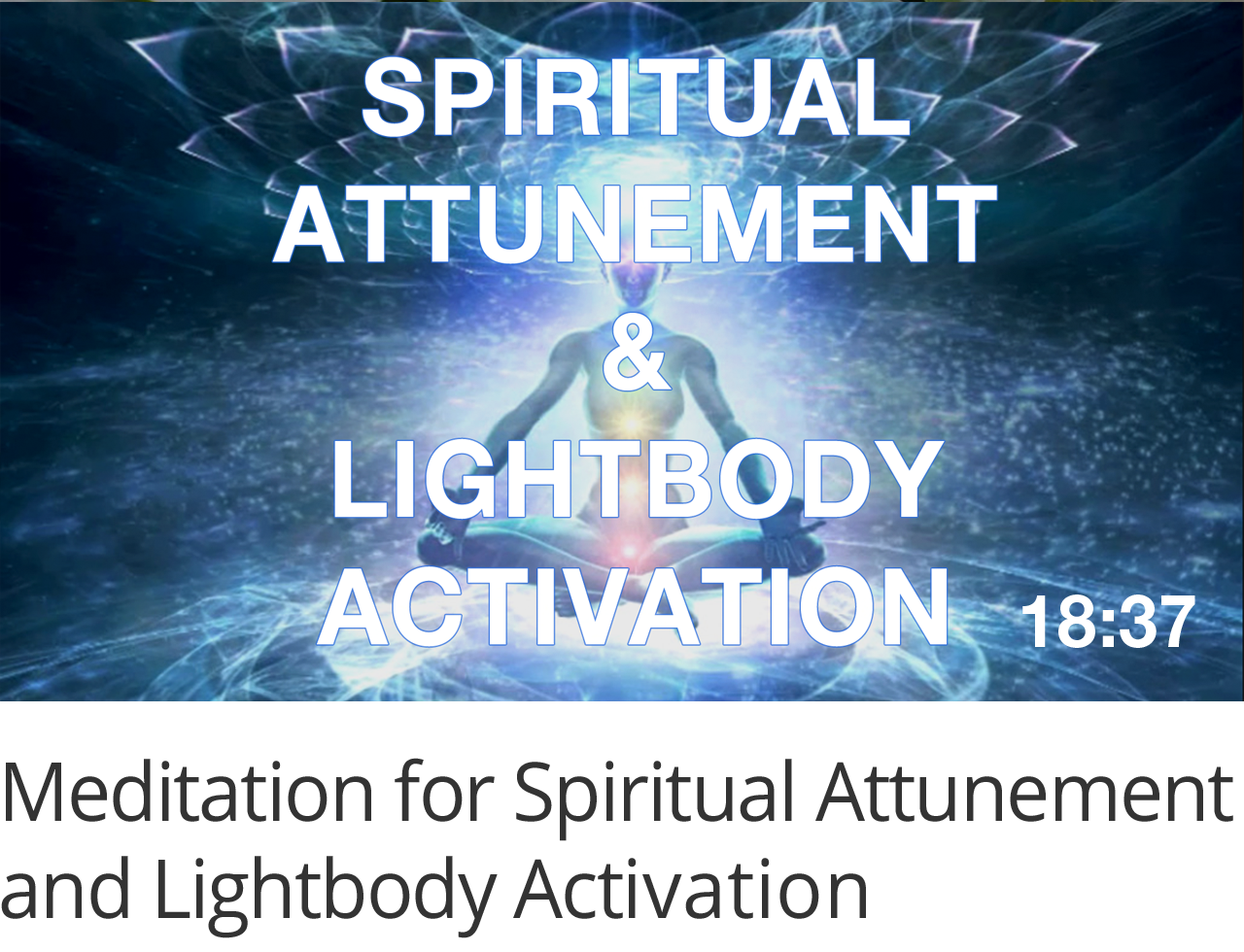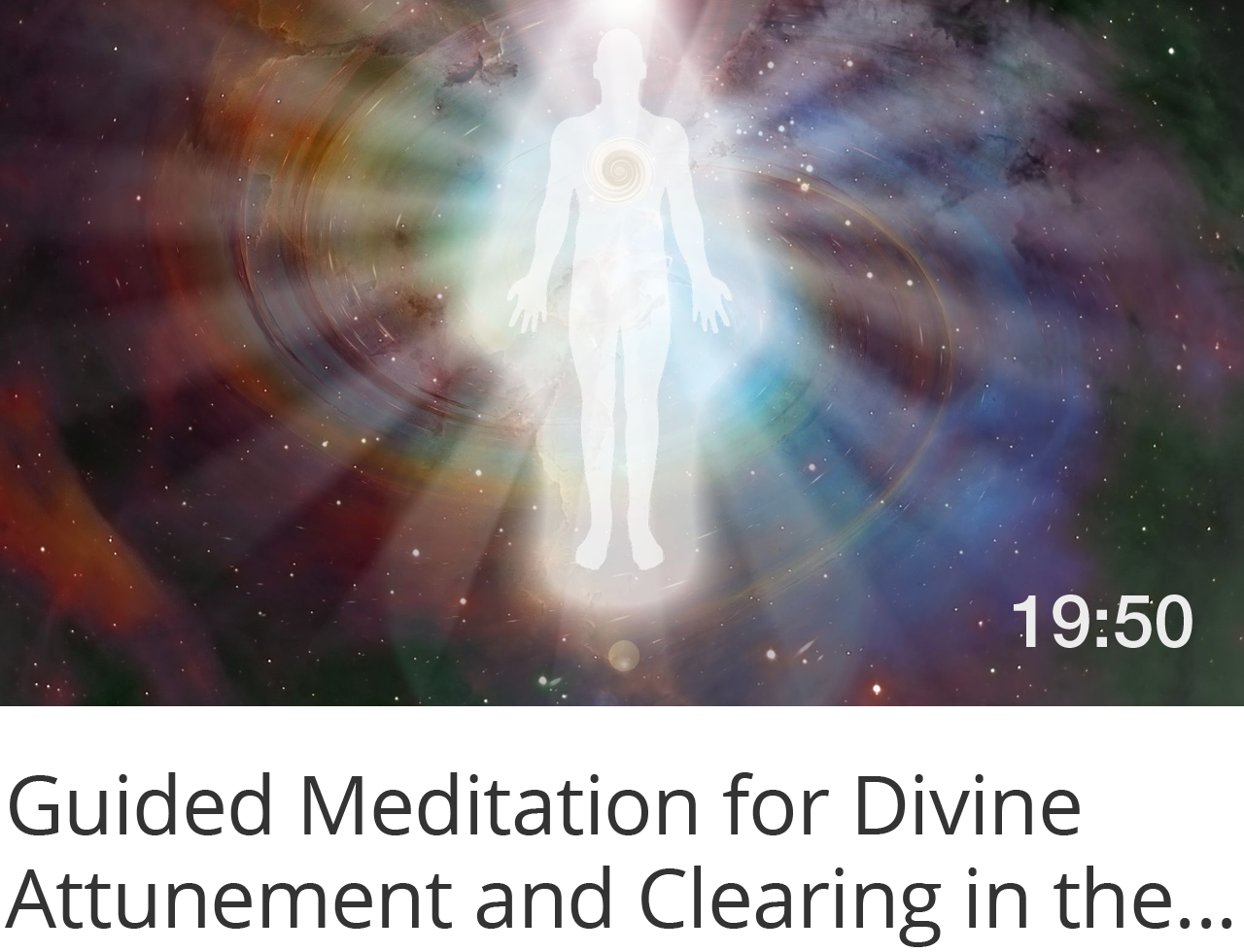True love is a natural state that your relationships should be based on. It isn’t based on idealistic expectations, ego-driven desires, or appearances of a perfect match—although compatibility is of course important to the success of relationships. True love can emerge when you commit to growing emotionally, healing any emotional blocks, and clearing any reactive ego patterns. You can then be fully present to another from the heart of your true self. In this post, I will explore this process and how the three keys of compassion, gratitude, and healing, when practised mindfully, open the door to true love, fostering deeper heart-centred connections with others and an enriched sense of self.
Definition of True Love
Defining true love is a challenge when you’re not embodying your true self. You might think that true love involves finding a perfect match where desires are reciprocated and you feel drawn to be together with your partner. However, true love isn’t based on idealistic or ego-driven expectations. In fact, the ego, when not aligned with the true self, has a difficulty with love precisely because it considers itself a separate self. The possibility of union with someone or something beyond itself contains the risk of the ego losing itself and its defences, which it fears. For this reason, the experience of true love will likely elude you until you grow beyond your ego’s limiting patterns and embody your true self.
I define true love as a natural state of being, experienced from the true self, where a deep connectedness with others and all life is felt with unconditional love, appreciation, respect, compassion, gratitude, and joy. To experience this true love, you’ll need to be present in your true self—the pure being that you are beyond the contents of your mind and your ego-patterning.
Finding True Love
Finding true love requires you to find your true self. The reason that true love is so elusive before then is that your capacity to experience true love is limited by your ego-patterning and reactivity. In addition, true love requires you to experience spiritual connection, which your ego can’t deliver without you finding and embodying your true self.
To begin your journey, you’ll need to work on connecting with and embodying your true self. You then let the experience of your true self reshape your personality, so that you start to live in a purer, heart-centred state. To help you connect with and embody your true self, practise mindfulness meditation on a daily basis to disentangle from the noise of daily life and the contents of your mind. Over a few weeks of consistent daily practice, you’ll be able to hold a strong metacognitive state in which you’re centred as observer and no longer entangled in automatic thoughts and emotions. You can then set an intention to deepen the experience of your being and open up to your true self. Your capacity for true love will then grow naturally and spontaneously as your experience of your true nature unfolds.
In a romantic relationship, when you and your partner are present in your true selves to each other, the deep multidimensional intimacy between you can unleash the full power of true love. The more personal growth you have both done to dismantle ego defences and become more mindful, the greater the capacity for intimacy, and the more powerful the expression of true love.
True love is unconditional love and, outside of romantic relationships, naturally extends to all life within the interconnected whole that you experience from your true self. In this state, being ecologically and socially conscious is a natural extension of true love, rather than a rationalised obligation. This is the fastest way to make a difference to the world. Indeed, world service is a natural extension of true love.
The 3 Keys to True Love
As you awaken to your true self through a consistent mindfulness practice, use the following 3 keys as catalysts to open to true love.
Key 1: Compassion
Practising compassion opens your heart and develops your capacity to care for the wellbeing of others and their freedom from suffering. It integrates empathy and loving kindness in a proactive way, helping you to see beyond people’s conditioning and reactivity to their true selves. Practise it in a heart-centred, mindful state as you go about your life. You can also practise it in meditation as you contemplate the suffering of others. The practice can begin with feeling compassion for yourself and wishing yourself to be free of suffering. You can then extend it towards friends, loved ones, strangers, and finally, people you’re having difficulty with. You can also extend it towards all of life.
This practice is especially important for remaining open-hearted towards those who cause suffering, for they’re suffering deeply themselves. In the compassion practice, acknowledge that, just like you, they’re living beings with needs for love, wellbeing, and self-realisation. Realise that, if you were in their shoes, with their experiences, you’d probably behave just like them. Wish them to be free of suffering and to experience the light of their true self-realisation. If you’d like to know how I define suffering in relation to compassion, check out my post 9 Powerful Benefits of Compassion.
For those who aren’t obviously suffering, develop a sense of appreciative joy for them, in which you celebrate their happiness and success.
Finally, to deepen your compassion practice, take physical action to help alleviate the suffering of others, even if you just be physically present with them and hold them in your love and light.
For more on compassion, check out my post 9 Powerful Benefits of Compassion.
Key 2: Gratitude
Practising gratitude for others helps you to be present to them from your heart and true self. Enter a mindful state and deepen your gratitude for them, especially when you’re physically with them. Become aware of the blessings they bring to you and others, and really appreciate this.
Saying thank you to others from a state of gratitude will help them to feel valued. It may open their heart to you and themselves, and even others. Gratitude is healing. Instead of thinking negatively about others or taking them for granted, practise mindful gratitude for the positive things about them and for how your experience with them—whether positive or negative—is always an opportunity for you to learn, grow, and open to greater love and compassion.
To extend your gratitude practice, maintain a gratitude journal. Each day, record the people and things you’re grateful for and reflect on how gratitude enhances your capacity to love. You can also explore how you can give with gratitude. This is where you feel grateful for the opportunity to experience your true self unfolding and self-realising through acts of love, kindness, and compassion. Here, gratitude helps you to stay centred in your true self and be connected with the sacredness of life.
For more on gratitude, check out my post Cultivating Gratitude.
Key 3: Healing
This key ultimately refers to your integration with your true self and the greater whole. While we’re all unique in our individuality, we also share a common essence with each other and all that is. This integration and identification with the greater whole, also known as unity consciousness, heals your sense of disconnection and separation from others and helps to dissolve your ego’s defences and its story of separation and pain. As a result, love can naturally flow.
Mindfulness serves as a powerful tool in this transformative process. Practise using mindfulness to disengage from your thoughts, emotions, and sensations to be present in the moment, through your true self, to this essential unity and common identity. Let go of all sense of separation and all conceptual overlays as you simply be and rest in unity consciousness. Acknowledge how you and others are different expressions of the same one life—individual ripples in the pool of life.
In an intimate relationship, regularly hold hands with your partner as you breathe together in a mindful state and maintain eye contact, with full presence from your true selves. As you do so, connect in love and unity as one. If you experience difficulty moving past a sense of separation or ego, or feel self-conscious, disentangle from your thoughts and judgements and stay present, allowing yourself to experience a sense of shared being with your partner that expands your heart and opens you to greater love. Deeper growth and continued mindfulness may be necessary to support this so that your resistances can be released and your ego defences can dissolve.
In Summary
The 3 keys of compassion, gratitude, and healing work in tandem to help you to experience true love in a mindful state from your true self. If resistance arises while you’re using these keys, practise mindfulness to disengage from the resistance and bring your attention back to your centre, allowing the resistance to pass. Whenever your attention wanders, gently bring it back to your practice of compassion, gratitude, and healing. If you have to return your attention a thousand times, that is perfectly okay. Mindfulness is actually the master key.
Ready to Open to True Love?
True love awaits! Book a personalised Guidance Call with me to gain a deeper insight into your journey to true love through your true self, including an understanding of your blocks and how to release them.


